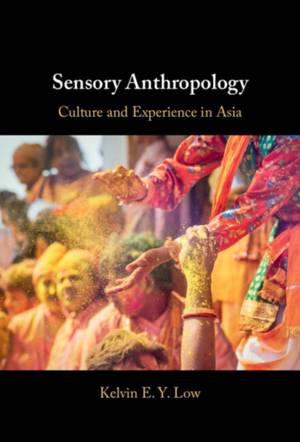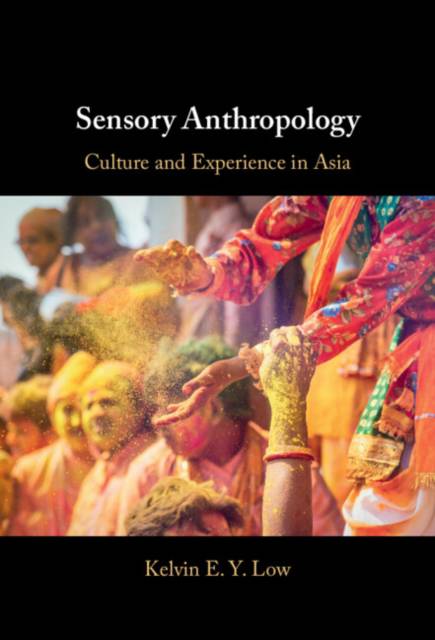
- Afhalen na 1 uur in een winkel met voorraad
- Gratis thuislevering in België vanaf € 30
- Ruim aanbod met 7 miljoen producten
- Afhalen na 1 uur in een winkel met voorraad
- Gratis thuislevering in België vanaf € 30
- Ruim aanbod met 7 miljoen producten
Zoeken
€ 191,95
+ 383 punten
Omschrijving
From constructions of rasa (taste) in pre-colonial India and Indonesia, children and sensory discipline within the monastic orders of the Edo period of Japan, to sound expressives among the Semai in Peninsular Malaysia, the sensory soteriology of Tibetan Buddhism, and sensory warscapes of WWII, this book analyses how sensory cultures in Asia frame social order and disorder. Illustrated with a wide range of fascinating examples, it explores key anthropological themes, such as culture and language, food and foodways, morality, transnationalism and violence, and provides granular analyses on sensory relations, sensory pairings, and intersensoriality. By offering rich ethnographic perspectives on inter- and intra-regional sense relations, the book engages with a variety of sensory models, and moves beyond narrower sensory regimes bounded by group, nation or temporality. A pioneering exploration of the senses in and out of Asia, it is essential reading for academic researchers and students in social and cultural anthropology.
Specificaties
Betrokkenen
- Auteur(s):
- Uitgeverij:
Inhoud
- Aantal bladzijden:
- 224
- Taal:
- Engels
Eigenschappen
- Productcode (EAN):
- 9781009240833
- Verschijningsdatum:
- 9/03/2023
- Uitvoering:
- Hardcover
- Formaat:
- Genaaid
- Afmetingen:
- 152 mm x 229 mm
- Gewicht:
- 467 g

Alleen bij Standaard Boekhandel
+ 383 punten op je klantenkaart van Standaard Boekhandel
Beoordelingen
We publiceren alleen reviews die voldoen aan de voorwaarden voor reviews. Bekijk onze voorwaarden voor reviews.







